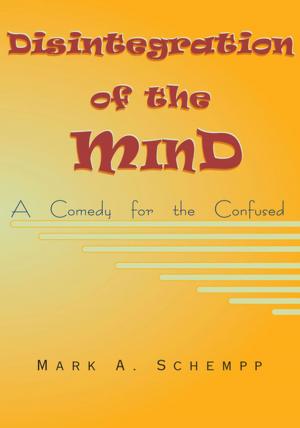Redefining Reason
The Story of the Twentieth Century “Primitive” Mentality Debate and the Politics of Hyperrationality
Nonfiction, Social & Cultural Studies, Social Science, Anthropology| Author: | Bradley W. Patterson | ISBN: | 9781984563644 |
| Publisher: | Xlibris US | Publication: | November 16, 2018 |
| Imprint: | Xlibris US | Language: | English |
| Author: | Bradley W. Patterson |
| ISBN: | 9781984563644 |
| Publisher: | Xlibris US |
| Publication: | November 16, 2018 |
| Imprint: | Xlibris US |
| Language: | English |
Throughout the twentieth century, Western thinkers engaged in a politically charged, often highly personal and acrimonious debate over the mental and rational capacity of people from traditional nonliterate societies. The issue was a question of whether or not humanity was, at bottom, psychologically and rationally unified and equal as a species. Redefining Reason offers the first in-depth, critical history of that debate and its repercussions in modern Western thought and society. Divided into three sections, this book first sets the twentieth-century “primitive” mentality debate within its historical context so that it may be better understood. It then focuses on some of the highlights of the debate. The next section suggests that this debate was, in reality, a chapter itself in (or in an aspect of) a much larger story: the story of what may be appropriately referred to as the hyperrationalization of human society. To conclude, this book follows the debate into the twenty-first century and offers the clarification and resolutions developed in earlier chapters to contemporary students, scholars, and educated lay readers.
Throughout the twentieth century, Western thinkers engaged in a politically charged, often highly personal and acrimonious debate over the mental and rational capacity of people from traditional nonliterate societies. The issue was a question of whether or not humanity was, at bottom, psychologically and rationally unified and equal as a species. Redefining Reason offers the first in-depth, critical history of that debate and its repercussions in modern Western thought and society. Divided into three sections, this book first sets the twentieth-century “primitive” mentality debate within its historical context so that it may be better understood. It then focuses on some of the highlights of the debate. The next section suggests that this debate was, in reality, a chapter itself in (or in an aspect of) a much larger story: the story of what may be appropriately referred to as the hyperrationalization of human society. To conclude, this book follows the debate into the twenty-first century and offers the clarification and resolutions developed in earlier chapters to contemporary students, scholars, and educated lay readers.















